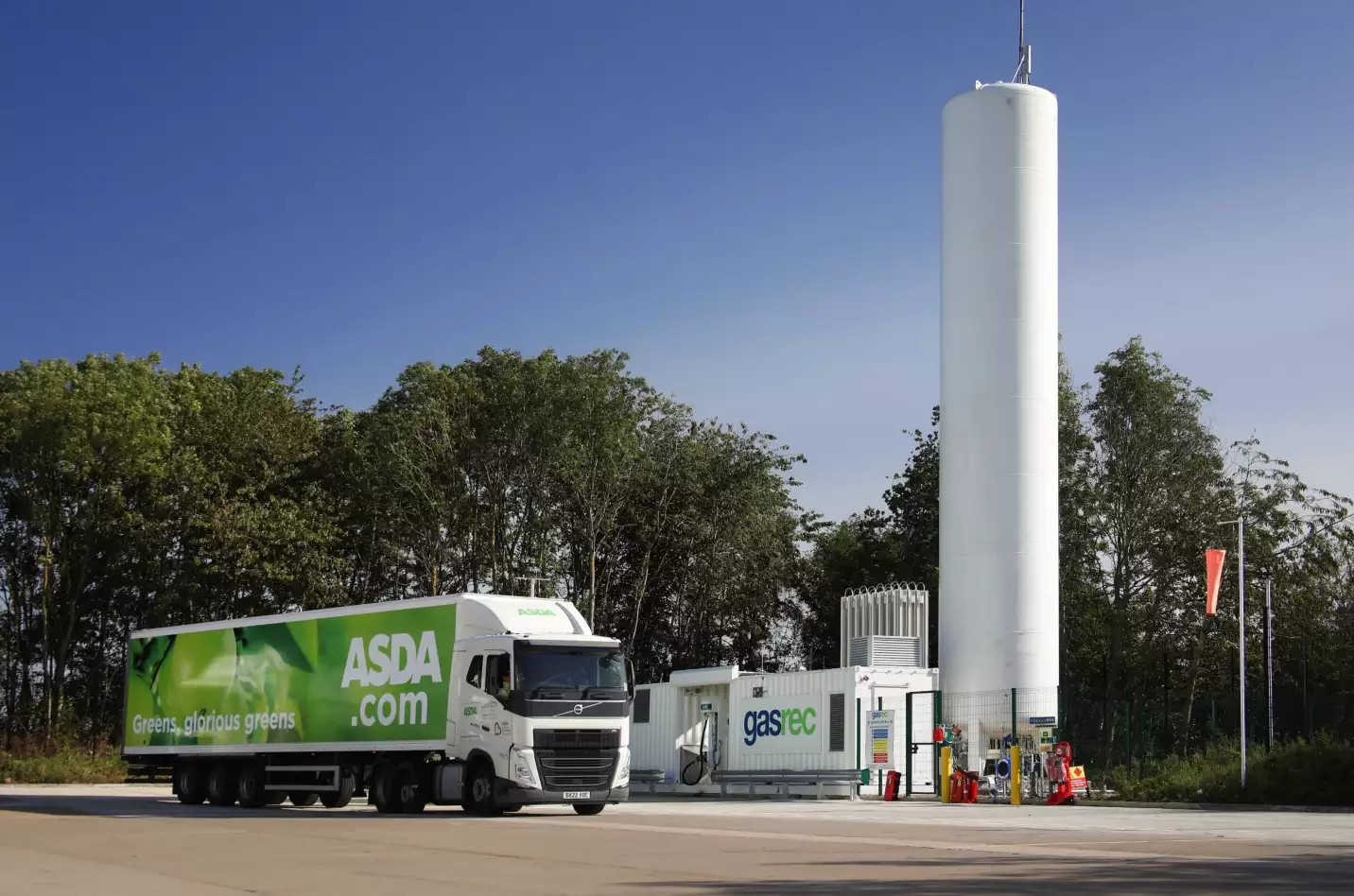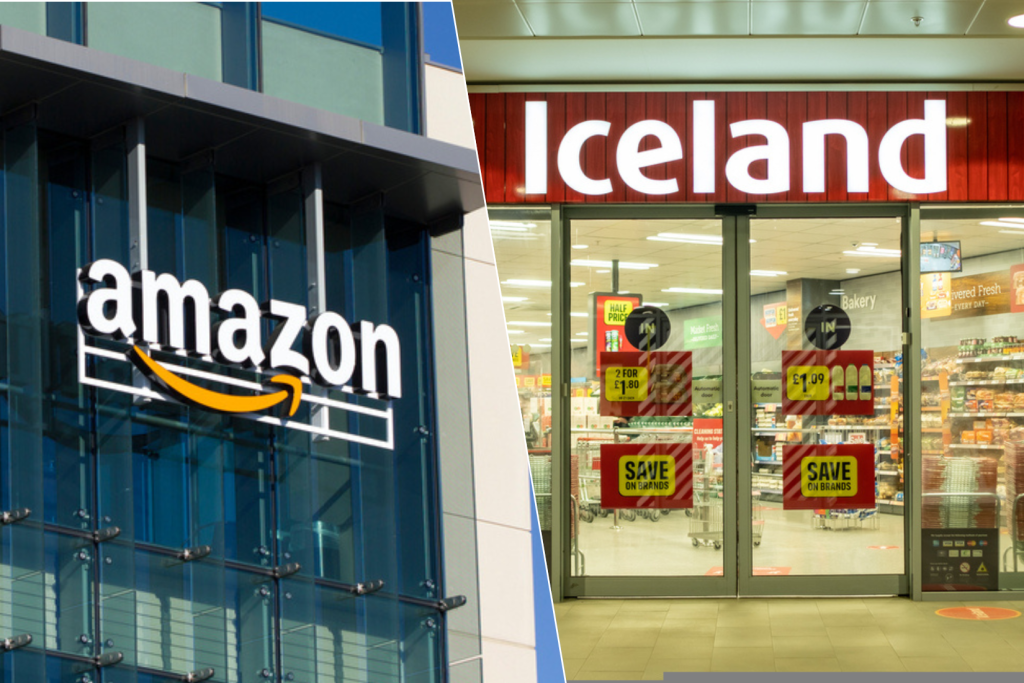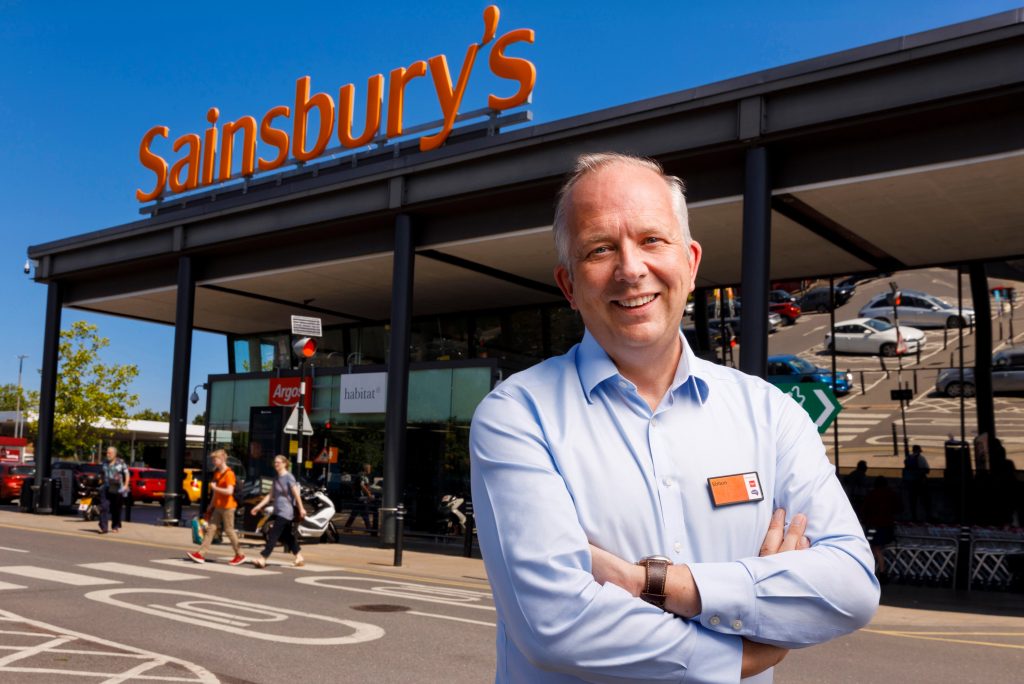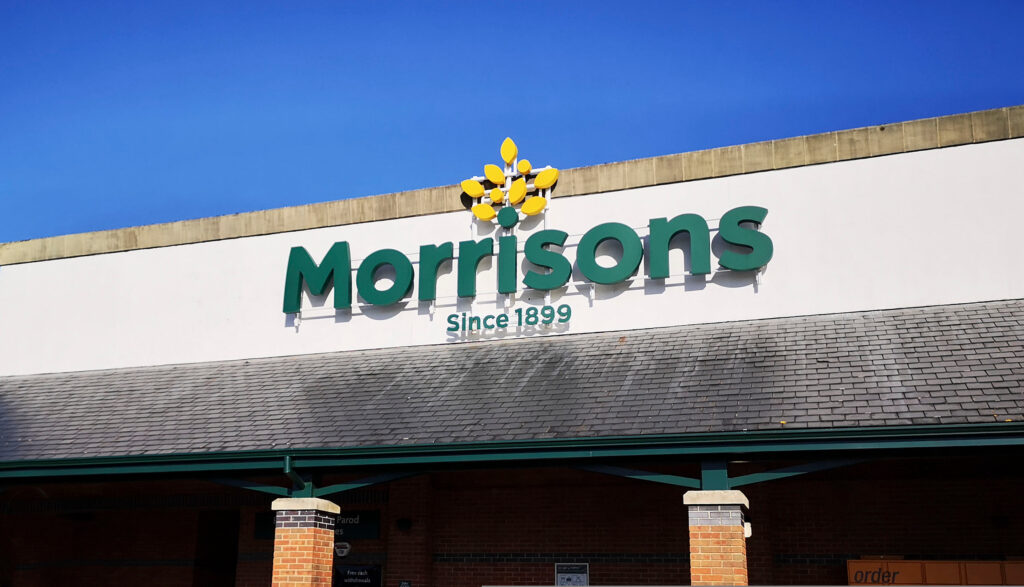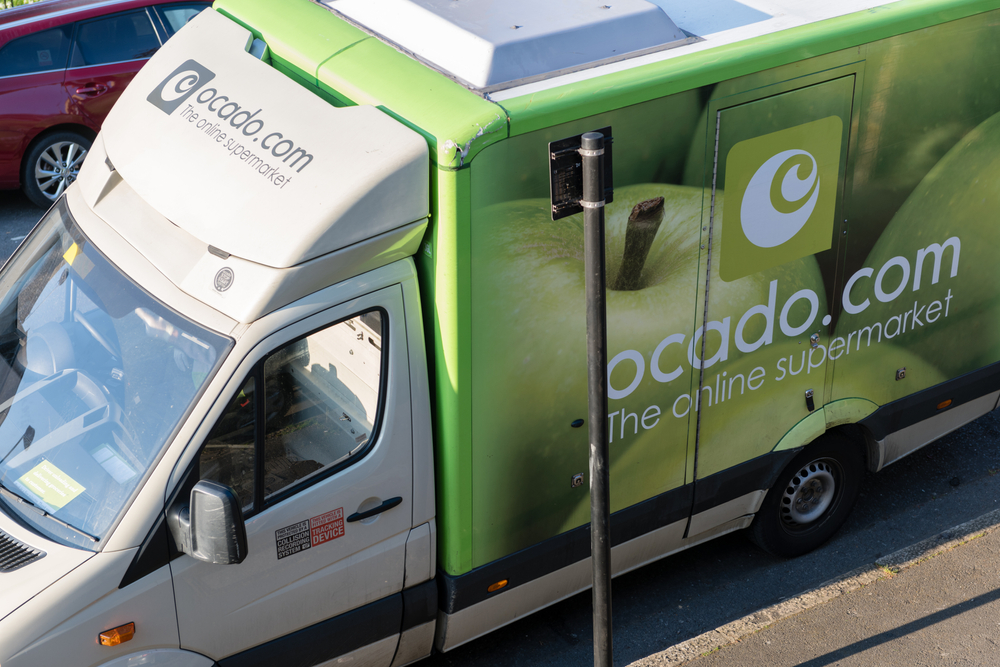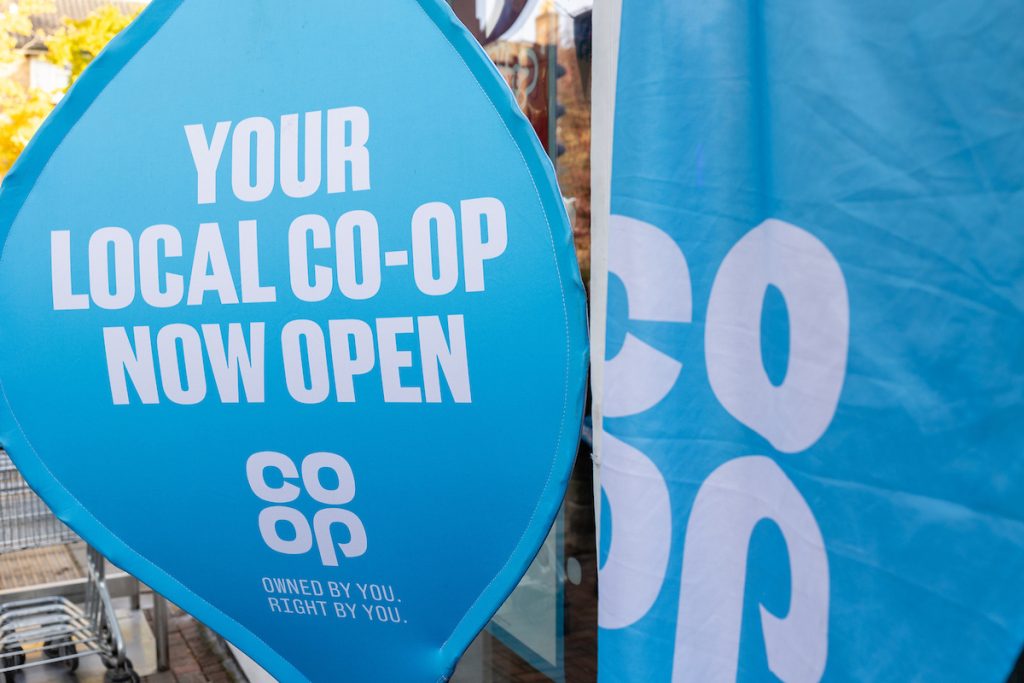Leading supermarket Tesco has today hailed its Big Price Drop initiative for improving the number of transactions in store but trading figures show its sales values were still sluggish in the third quarter.
Total UK sales for the global grocer grew 6.7 per cent in the three months ending November 26th 2011 but once VAT and fuel are stripped out of the results like-for-like (LFL) sales actually fell by 0.9 per cent year-on-year.
CEO of Tesco Philip Clarke chose to focus on the growth in sales volumes seen since the retailer introduced its price cutting initiative in September in his statement which accompanied the results.
Grocer analysts Kantar Worldpanel revealed earlier this week that Tesco had successfully attracted more shoppers to its store than its rivals in recent months through its deflationary tactics but that it had lost market share in terms of money going through its tills.
Clarke commented today: “In the UK, our increased investment in the shopping trip for customers is starting to deliver.
“The Big Price Drop campaign, now in its second phase, has lowered prices significantly for hard-pressed families and we are now being rewarded with stronger food volume growth. We are also seeing positive customer reaction to the improvements in our general merchandise ranges.
“Whilst I am pleased with these early signs of stronger performance, a great deal more remains to be done and we are confident of delivering further improvements as we implement our plans.”
Non-food sales continued to struggle during the quarter but Clarke claims changes to product mix are starting to have a positive effect, and online sales grew by almost ten per cent during the period.
Overseas trading remained strong in Asia with LFLs excluding petrol up 0.8 per cent despite the widespread flooding in Thailand, and its US-based Fresh & Easy business saw non-fuel sales soar 11.9 per cent LFL.
Clarke continued: “Overall, we saw good growth internationally despite some of our markets in Asia being affected by difficult trading conditions.
“In particular, the disruption in Thailand caused by the flooding interrupted an otherwise strong sales trend and the response of our team there to the crisis has been outstanding – both for customers and for our staff.”
In its core UK market the supermarket chain has successfully boosted shopper numbers during a period of consumer austerity but the next challenge is likely to be how to boost sales income in the coming months while shoppers remain financially restrained.





